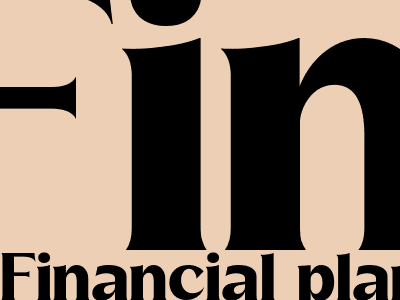
Financial Planning: How Much Is Enough to Retire Early?
The Current Economic Landscape
Navigating financial planning amid economic uncertainty requires an understanding of current inflation rates and domestic and global factors shaping the economy. Inflation, measured by the Consumer Price Index, has surged to a 40-year high in the United States, impacting the purchasing power of retirees. Additionally, the ongoing Russia-Ukraine conflict and global supply chain disruptions continue to exert pressure on economies worldwide, affecting investment strategies and retirement planning.
Assessing Retirement Needs
Determining a sufficient retirement fund hinges on several key factors. Estimating essential expenses, including healthcare, housing, transportation, and utilities, forms a crucial starting point. A budget can itemize these expenses, ensuring a realistic understanding of ongoing financial obligations. Additionally, assessing lifestyle preferences and potential healthcare expenses is essential. Planning for unexpected medical costs and long-term care can safeguard against financial hardship.
Investment Strategies
Selecting appropriate investment strategies depends on individual circumstances and risk tolerance. Stocks historically offer higher returns but carry more risk, while bonds provide stability but may yield lower returns. Diversification across asset classes can mitigate risk and enhance portfolio resilience. Regular contributions to retirement accounts, such as 401(k)s and IRAs, can leverage the power of compounding to accumulate funds over time.
Tax Considerations
Understanding the tax implications of retirement income is crucial. Withdrawals from traditional retirement accounts, such as 401(k)s and IRAs, are taxed as income. Conversely, Roth accounts offer tax-free withdrawals. Exploring tax-advantaged strategies, such as Roth conversions, can optimize retirement income and reduce tax burdens.
Estate Planning
Estate planning ensures the orderly distribution of assets after death. It involves creating a will or trust, which outlines beneficiaries and instructions for asset distribution. Proper estate planning ensures that assets are transferred according to individual wishes and minimizes tax implications.
Seeking Professional Guidance
Navigating the complexities of retirement planning can benefit from the expertise of a financial advisor. They can provide personalized guidance, assess financial goals, and develop tailored retirement strategies. Their insights can help individuals make informed decisions and optimize their financial well-being during retirement.
Conclusion
Planning for early retirement demands a comprehensive approach that considers economic conditions, retirement expenses, investment strategies, tax implications, estate planning, and professional guidance. By carefully assessing these factors and implementing sound financial practices, individuals can increase their chances of securing a comfortable and fulfilling retirement.